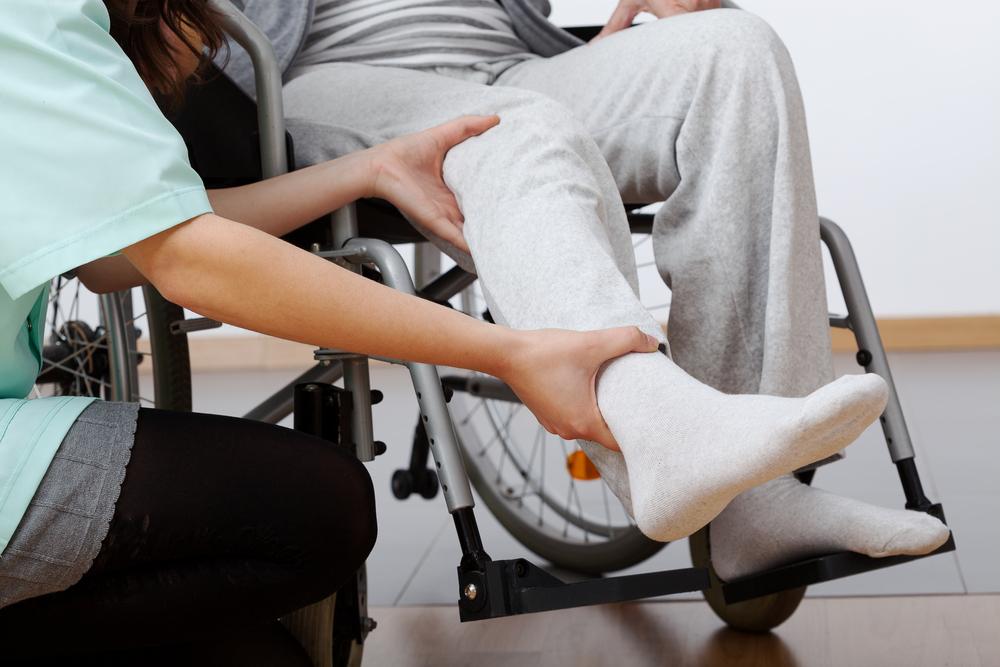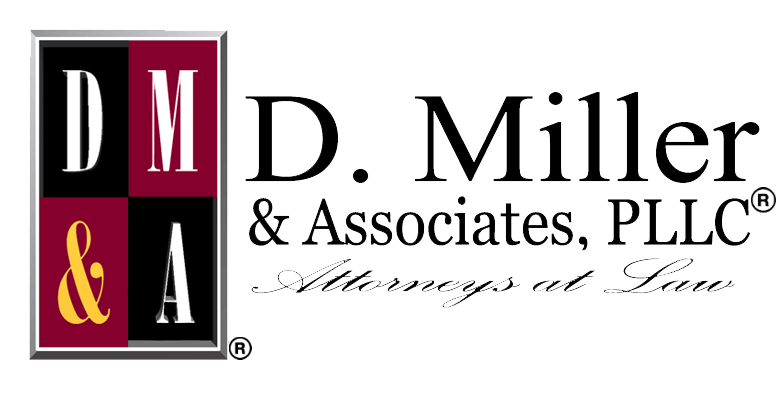
Punitive damages in Texas personal injury cases are meant to punish the defendant. A jury may award these damages when a defendant’s actions are especially egregious. Texas law refers to punitive damages as “exemplary damages.”
In Which Case Types May a Jury Award Exemplary Damages?
Exemplary damages are not available in every civil case type. A jury may award punitive damages when there is:
- Fraud: This means the defendant intentionally deceived you or misrepresented the facts.
- Malice: This means the defendant intended to cause you harm.
- Gross negligence: Per the Legal Information Institute (LII), this means the defendant showed a “reckless disregard for the safety or lives of others, which is so great it appears to be a conscious violation of other people’s rights to safety.”
Texas law explains that “ordinary negligence, bad faith, or a deceptive trade practice” is not enough to warrant exemplary damages.
To award punitive damages, a jury must first agree unanimously that: a) the defendant is liable for the plaintiff’s losses, and b) that the amount of punitive damages is appropriate.
Examples of Fraud, Malice, and Gross Negligence
The issues of fraud, malice, and gross negligence can be subjective. Whether someone intended to mislead or cause harm may be up to the jury to decide. Examples of possible fraud, malice, and gross negligence include:
- Fraud: Someone materially misrepresented their credentials for personal gain.
- Malice: Someone committed a criminal act, like an assault, with the clear intent of causing bodily harm.
- Gross negligence: A driver causes a vehicle collision while severely intoxicated.
A lawyer can assess your case. They’ll explain whether fraud, malice, or gross negligence are present.
Will You Receive Punitive Damages?
You may receive a portion of punitive damages in your case. However, these damages may go partially or entirely to the state of Texas. Remember that punitive damages aren’t meant to reward you—they’re meant to punish the defendant. Texas caps punitive damages at $200,000 per civil case.
What Other Types of Damages Exist in Personal Injury Cases?
Non-punitive damages go to plaintiffs in the case. These are the damages you will receive if you get a settlement or judgment. Non-punitive damages fit into two general categories: economic and non-economic damages.
Economic Damages in Civil Cases in Texas
Economic damages are those with an objective monetary cost. Various forms of documentation, like bills, may support the cost of such damages. Your economic damages may include:
- The cost of vehicle repairs
- The cost of replacing damaged property
- Lost income
- Medical expenses
- The cost of temporary transportation
The economic damages you face may depend on your case type. Medical expenses may be a common economic damage regardless of a plaintiff’s circumstances.
Non-Economic Damages in Civil Cases in Texas
A non-economic damage does not have an objective monetary value. Pain and suffering is the primary example of a non-economic loss. Even though your pain and suffering doesn’t have an objective monetary value, it still has a value.
Your attorney can help you determine what this looks like in your case. Your lawyer will negotiate for fair coverage of your pain and suffering. If your case goes to trial, a jury will decide the value of your pain and suffering.
Pain and suffering may include:
- Pain from injuries
- Distressing memories
- Lost sleep
- Lost quality of life
- Physical or cognitive decline
Wrongful death cases may involve significant pain and suffering. Grief, lost companionship, and loss of a parent may qualify as pain and suffering.
Should You Hire a Lawyer for a Personal Injury Case in Texas?
You may want to hire our firm for your personal injury case. Our Texas-based firm knows legal statutes and practices throughout the state. We’ll examine the facts of your case, devise a strategy, and seek fair financial recovery for you.
Our firm’s duties generally include:
- Investigation of your personal circumstances
- Determination of liability
- Documentation of your losses
- Collection of evidence
- Hiring of experts
- Completion of your case
We’ll represent you in settlement negotiations. If we don’t settle, we’re ready to go to trial.
Personal injury cases can be stressful and complicated. Whether you were in a car accident, slip and fall accident, or other circumstances, we’re here to help.
Call D. Miller & Associates, PLLC™ Today for a FREE Consultation
Don’t wait to contact our team. Texas law generally allows you to file your case within a two-year window. Once that window expires, we may no longer be able to represent you. There are exceptions, and you should call regardless of this deadline, but don’t delay.
Call D. Miller & Associates, PLLC™ today at (713) 850-8600. We’ll complete your free consultation and explain the next steps in your case.
Related Frequently Asked Questions
- What Will The Trucking Company Be Doing to Prepare Their Case?
- What if You Have Trouble Paying Medical Bills After a Serious Car Accident?
- What Qualities Should You Look For When Hiring A Personal Injury Lawyer In Houston?
- How Do I Know If I Am a Victim in the Sexual Abuse Case at UCLA?
- What Is Comparative Fault & How does It Work?





